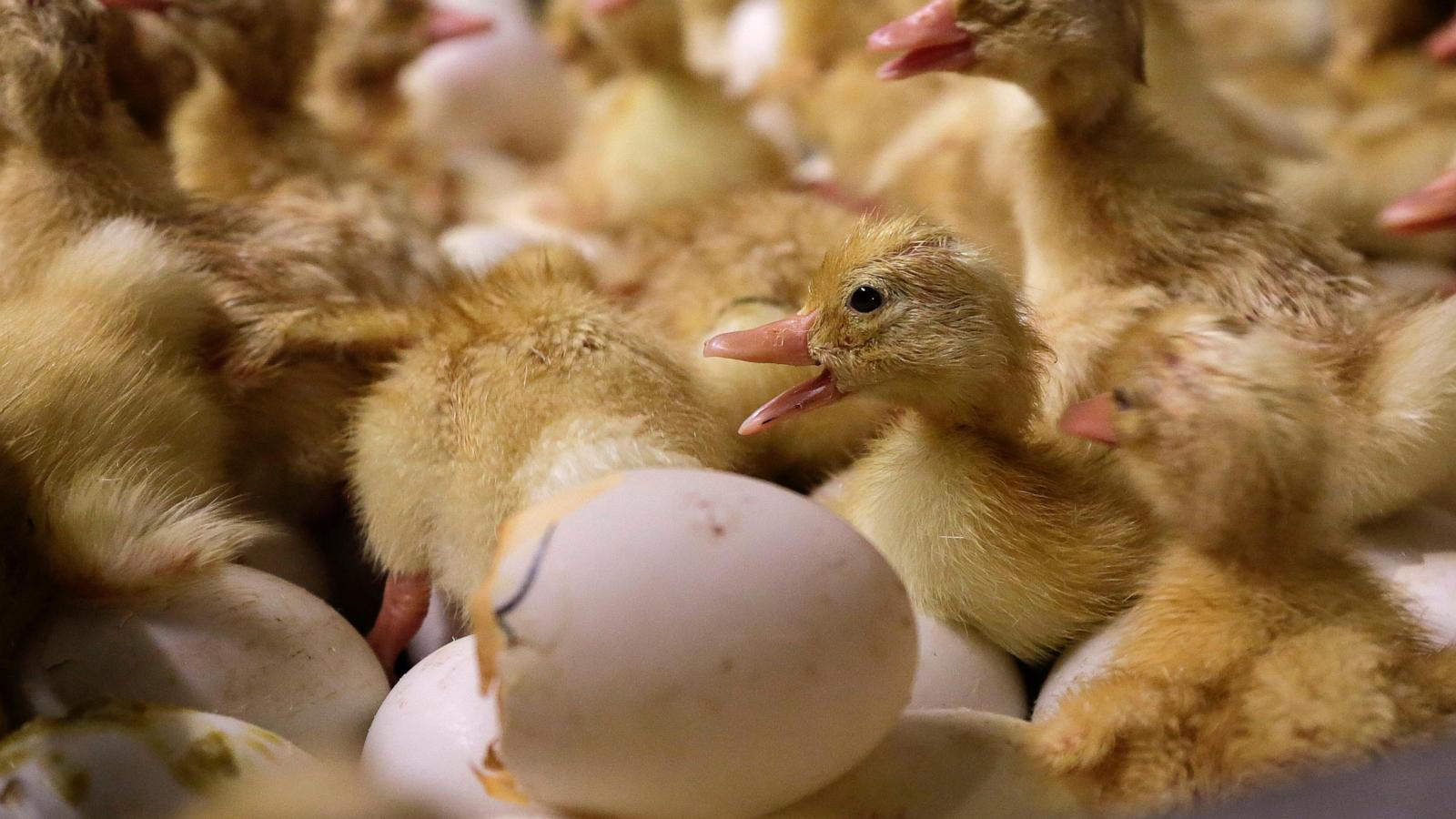Long Island's Last Duck Farm: A Devastating Loss and the Future of Farming
The iconic Crescent Duck Farm, the last of its kind on Long Island, has fallen victim to a devastating avian flu outbreak. This tragedy marks not only the end of an era for a family-run business that spanned generations, but it also raises crucial questions about the future of small-scale farming in the face of global crises and changing regulations.
The Fall of a Farming Giant: Crescent Duck Farm's Story
For over a century, Crescent Duck Farm stood as a testament to the resilience and dedication of the Corwin family. Established in 1908 and nestled amid Long Island's picturesque vineyards, the farm wasn't just a business; it was a legacy. The farm has played a significant role in Long Island's agricultural heritage; now, it faces its toughest challenge. Their ducks, renowned for their superior quality, supplied some of the most exclusive restaurants in New York City and beyond. This stunning avian flu outbreak that has impacted thousands of birds across the US could not only have a catastrophic effect on Long Island's economy but also wipe out the final piece of the once prominent duck farming business there.
The Devastating Impact of Avian Flu
The recent avian flu outbreak has led to the heartbreaking culling of nearly 100,000 ducks—an unimaginable blow to the Corwin family. The farm, once bustling with activity, now stands mostly silent as the remaining staff diligently sanitize the premises, a process that could take months. Doug Corwin, the 66-year-old owner, spoke of the emotional toll this crisis has taken on the family and his employees, many of whom had dedicated decades of their lives to the farm.
Job Losses and Economic Hardship
Sadly, the farm has also had to lay off 47 of its 75 employees. This highlights the immense ripple effects such crises have on not just the business itself but on the surrounding community and the livelihoods of the dedicated workforce that made the farm the success it was. The crisis represents the economic struggles often faced by family farms, where financial margins can be thin, and resilience is continually tested.
The Future of Duck Farming on Long Island and Beyond
The closure of Crescent Duck Farm isn’t just a local issue. Long Island was once a major duck-producing region in the U.S., with over 100 farms thriving in the 1960s. The farm accounted for almost 4% of the total duck production in the country, which displays the critical impact this will have on the supply chain.
Higher Costs and Regulations
However, the industry faced many challenges over the years; increased operational costs, stricter regulations, and growing urbanization gradually whittled down the number of farms. Crescent Duck Farm had persevered despite this, providing high-quality ducks to a discerning clientele. This shows the remarkable grit and hard work that this family displayed, and just how devastated this situation is for their generations-long legacy.
The Question of Vaccination
Doug Corwin is understandably hesitant to restart duck production without the federal government allowing vaccination for poultry. He firmly believes that vaccination is crucial for the survival of small farms, preventing such catastrophic losses in the future. Large industrial farms currently oppose such measures due to the effect it could have on international sales, therefore leaving the future of these smaller farms extremely vulnerable.
Learning from the Loss: Protecting the Future of Farming
The demise of Crescent Duck Farm serves as a harsh wake-up call regarding the vulnerabilities of small family-owned farms and how important governmental policy and support is for family farms. While larger operations have the resources to withstand such crises more easily, smaller farms frequently don’t have the resources or government support to overcome such major setbacks, especially in an era defined by increasing economic pressure. The future of these farming communities greatly depends on these issues being addressed by local, state, and federal governments.
The Need for Government Support and Sustainable Farming Practices
We need robust policies to safeguard family farms from economic vulnerabilities caused by events such as disease outbreaks. Additionally, governments must invest in sustainable farming methods and technology that will assist family farms in adapting to climate change, disease outbreaks, and more extreme weather events that often severely impact agricultural communities and business sustainability.
Consumer Awareness and Support for Local Farms
Consumers should also understand that family farms contribute more to a community and that supporting local food producers is crucial to keeping agricultural land in production. We need to consider the food chain as well. Our buying habits will dictate how sustainable certain markets can be and even support them enough to be viable.
Take Away Points
- The avian flu outbreak and closure of Crescent Duck Farm represents the dire situation small family farms face against large-scale agricultural enterprises, the effects of governmental regulations and policy, and extreme weather events.
- The incident showcases the urgent need for supportive policies and increased consumer awareness to maintain the diversity and sustainability of local farming communities.
- The tragedy underscores the importance of sustainable practices, governmental investment, and community involvement to protect the future of family farms across the nation.









